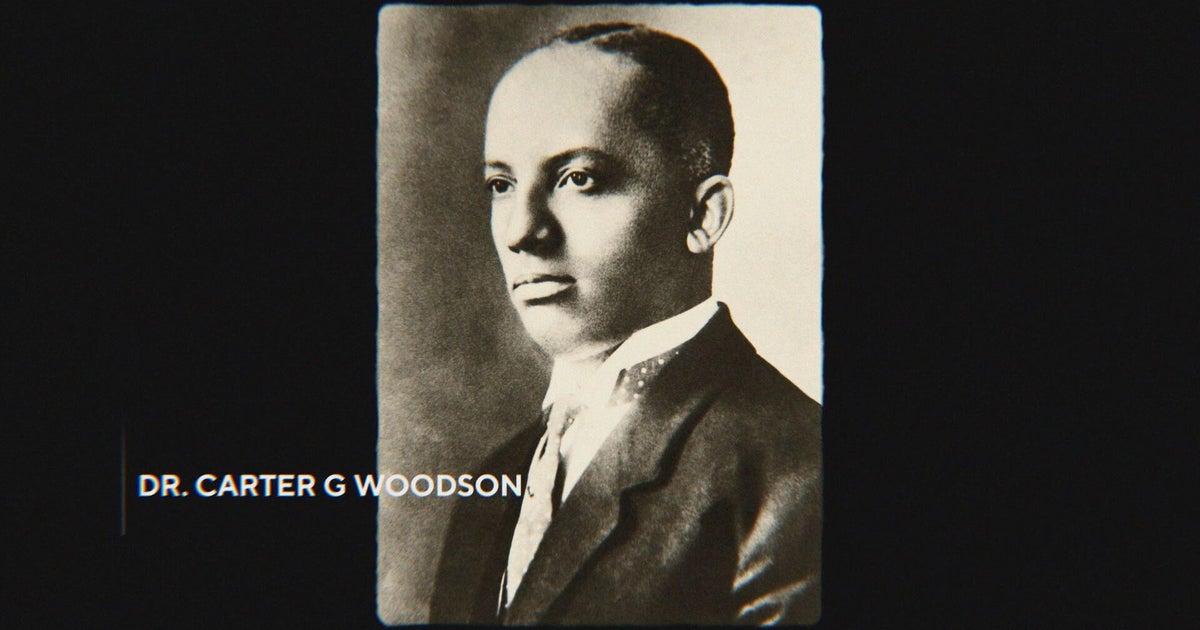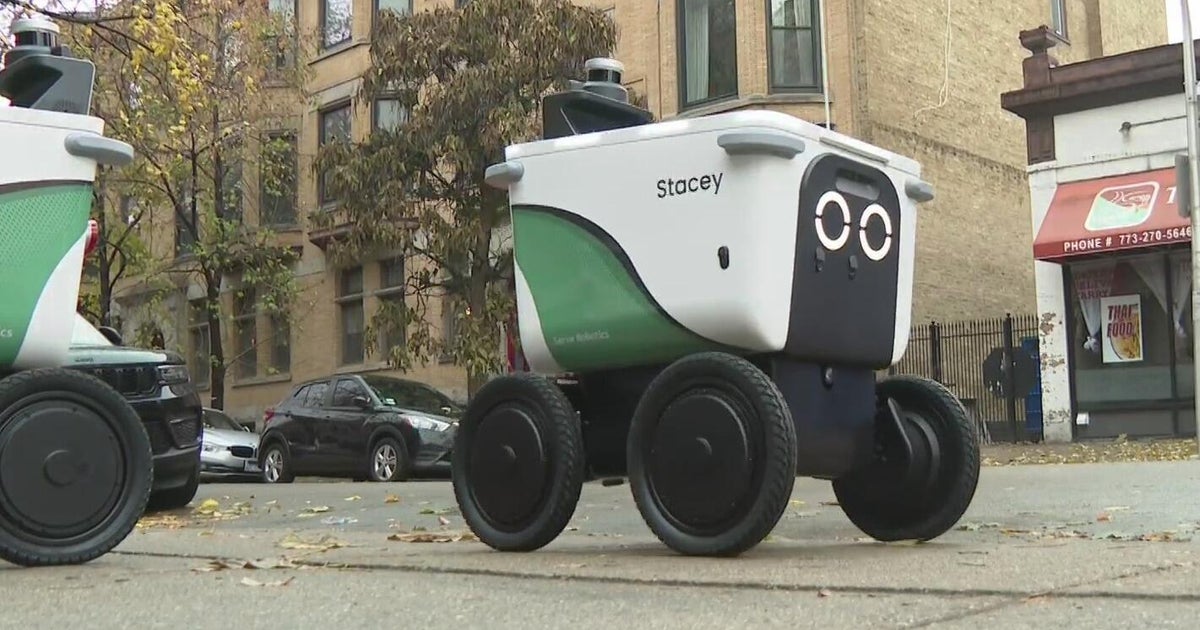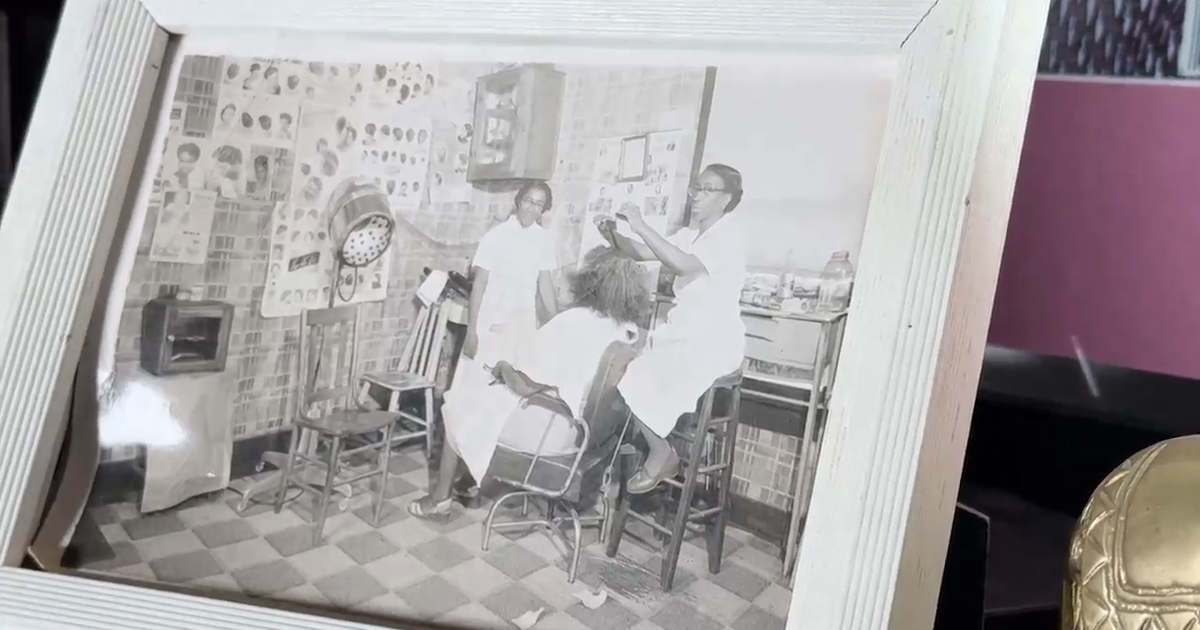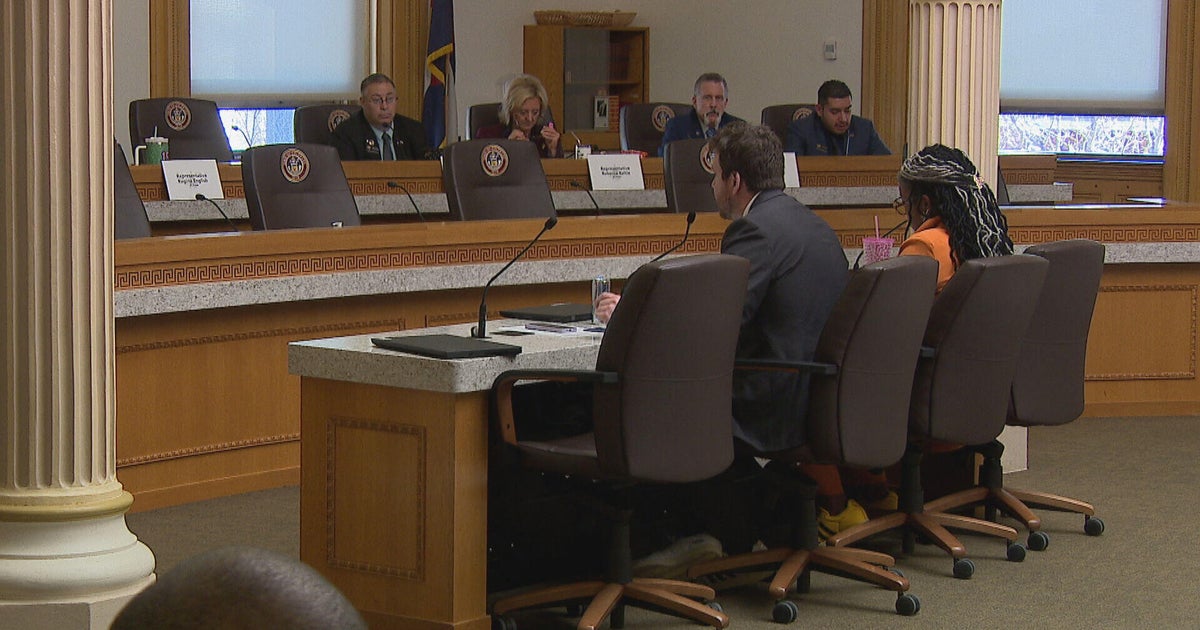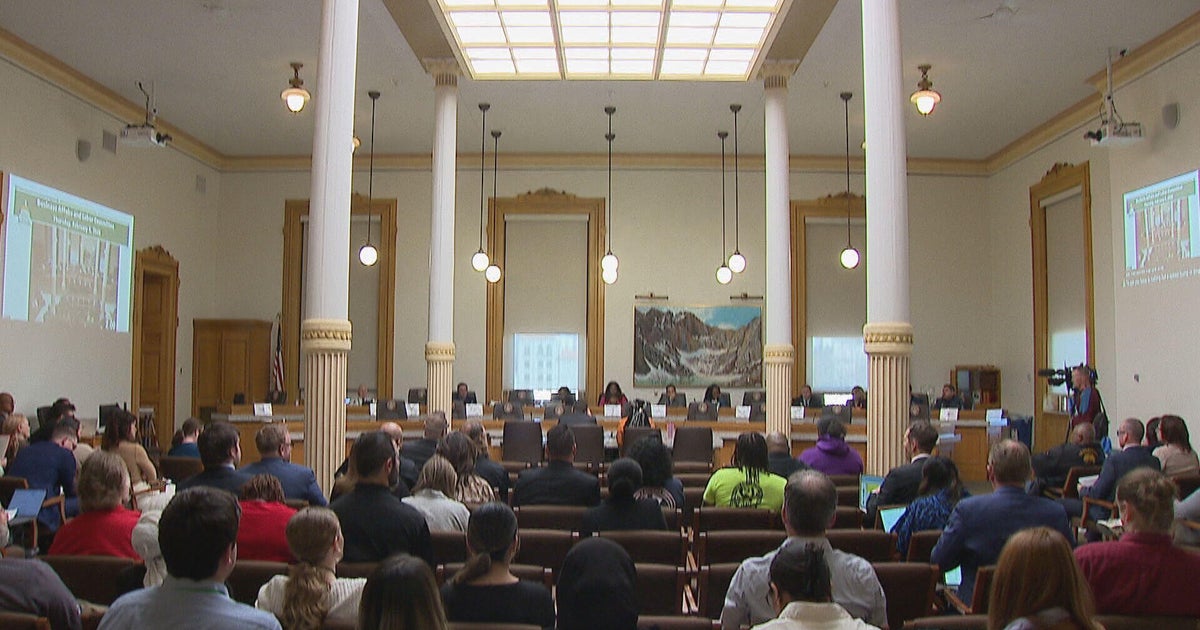Rare Cosmic 'Mudball' Meteorite Arrives At Chicago's Field Museum
CHICAGO (CBS)-- A rare cosmic mudball holds the clues to how life began, and it has scientists at the Field Museum of Natural History giddy with excitement.
While there is a sign that reads, "danger," a CBS 2 camera was allowed inside to see the lab where scientist Dr. Philip Heck is now studying, what he calls a very pristine, meteorite.
"That means it hasn't been changed much since it formed and it's essentially a time capsule from the beginning of the solar system," he said.
Called the "cosmic mudball," the stony meteorite is carbon rich, consisting of clay materials.
It weighs about four pounds and scientists say it smells like Brussels sprouts.
It fell to earth just this spring in Costa Rica, it arrived at the Field Museum this month and was donated by a private collector.
"This is one of the most important falls in the past 50 years and this is the main mass," Heck said. "The biggest piece of that particular fall."
Heck said it was picked up rapidly, which is key, and placed in a plastic bag. It's extremely unusual that pieces like this survive atmospheric entry.
"It's a pretty solid mudball, but it's very fragile," Heck said. "Take a hammer to it and it will break into tiny pieces."
Heck is using several methods to study the meteorite, including using a laser light to essentially get finger prints of the minerals that occur in this rock. When not under observations it's preserved in liquid nitrogen.
"Essentially what we think is meteorites like this fell early earth and delivered the building blocks of life on earth," he said. "We can compare meteorites to get a better picture of our solar system. This is really what drives us... What is our solar system made of... How did it form and what was there before the solar system."
Heck told CBS 2 several other pieces of the mudball are also at the Field Museum and one is on public display.
He said this specimen holds the secrets that will be discovered in the next 50 to 100 years by our generation of scientists and future generations of scientists.
